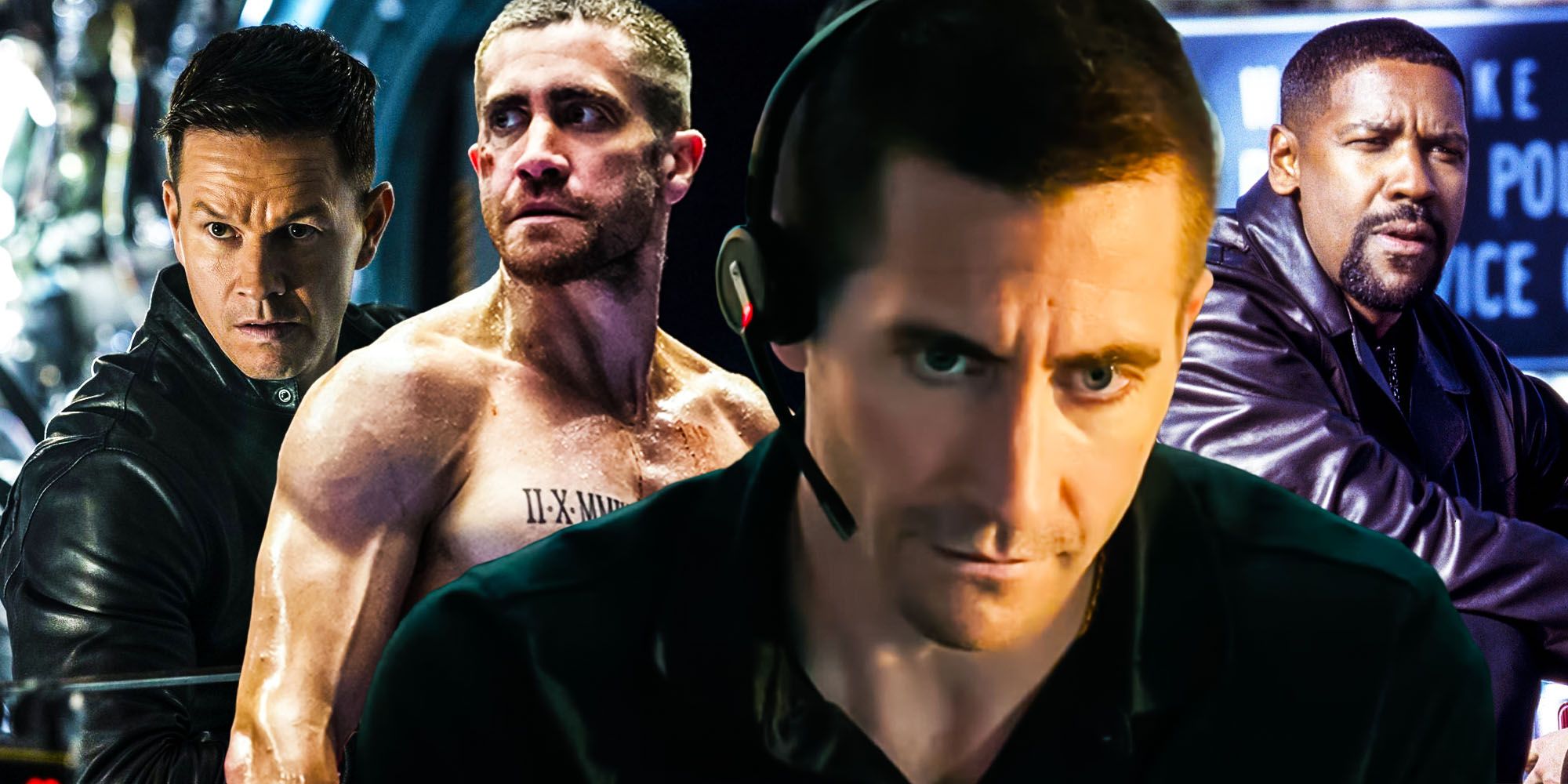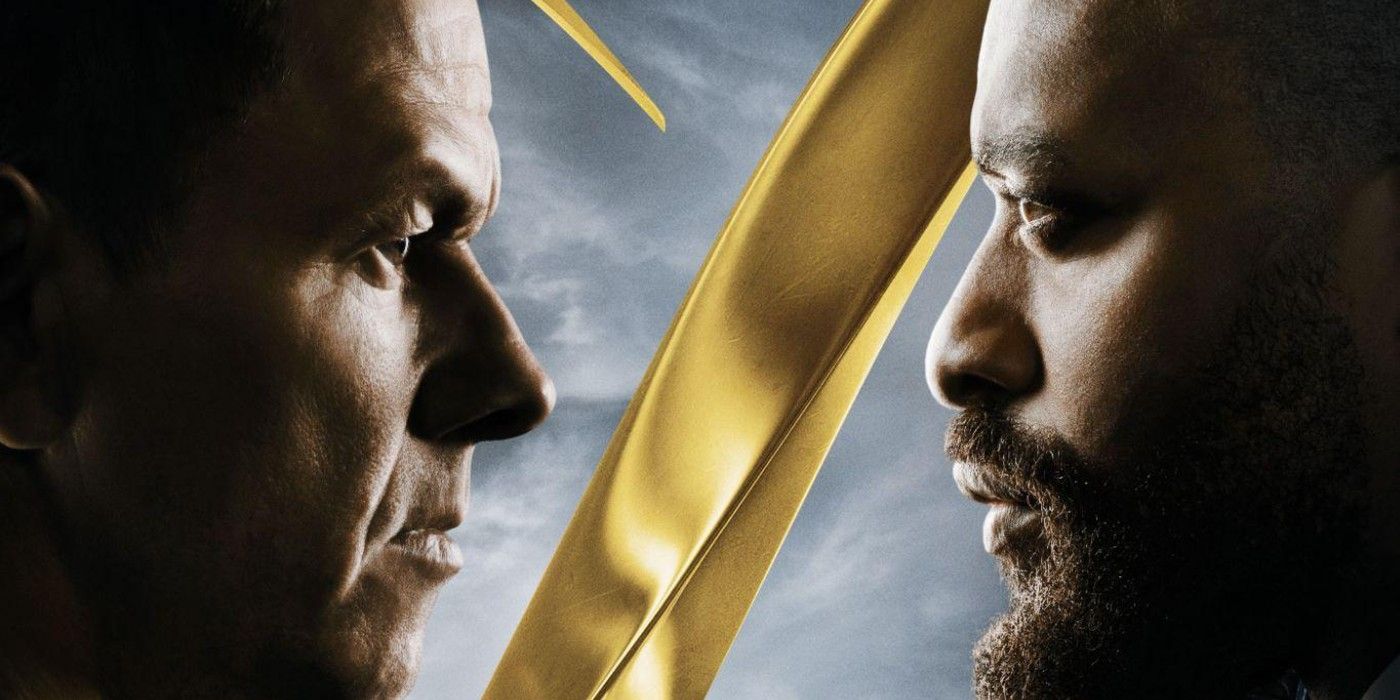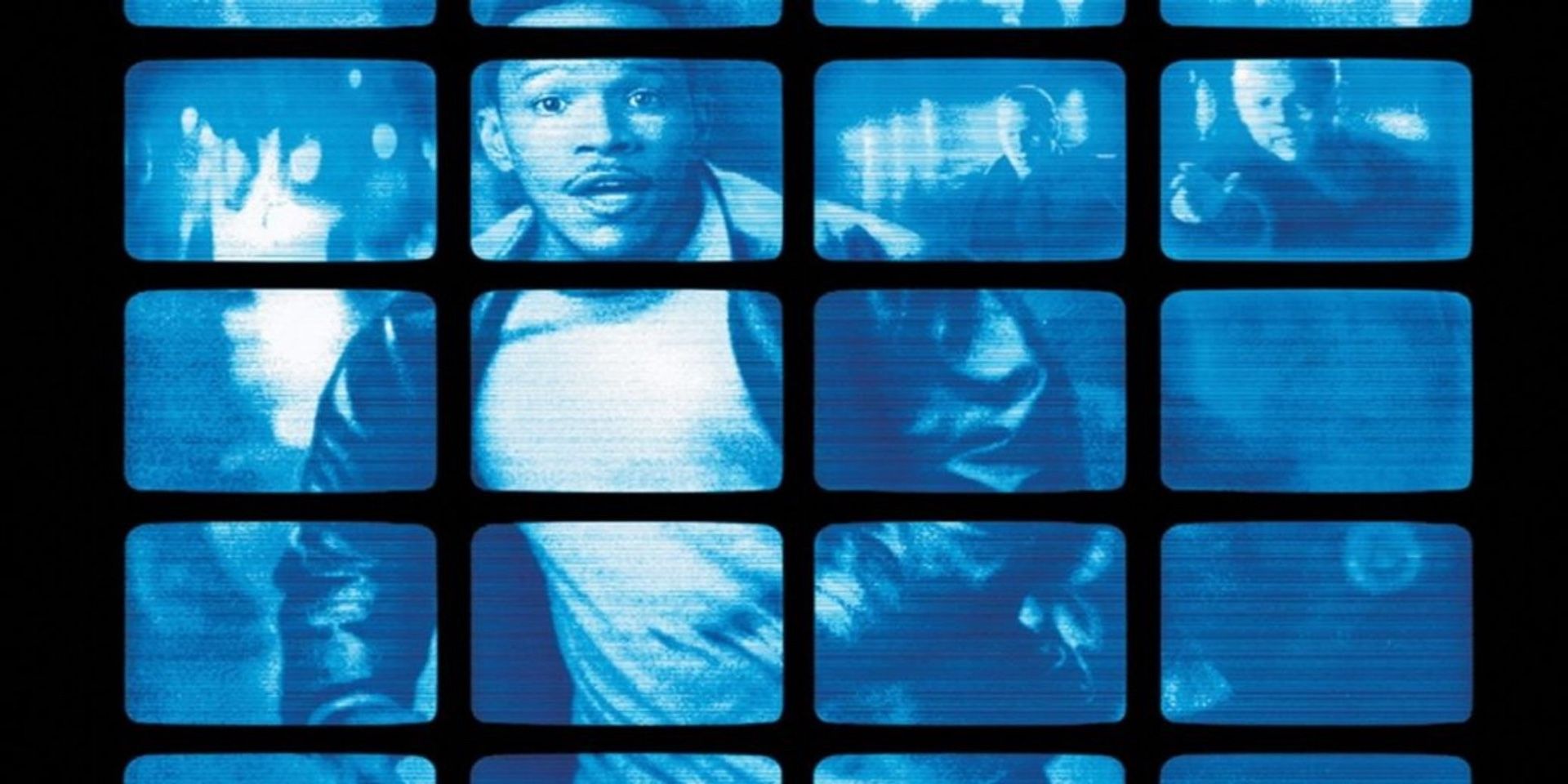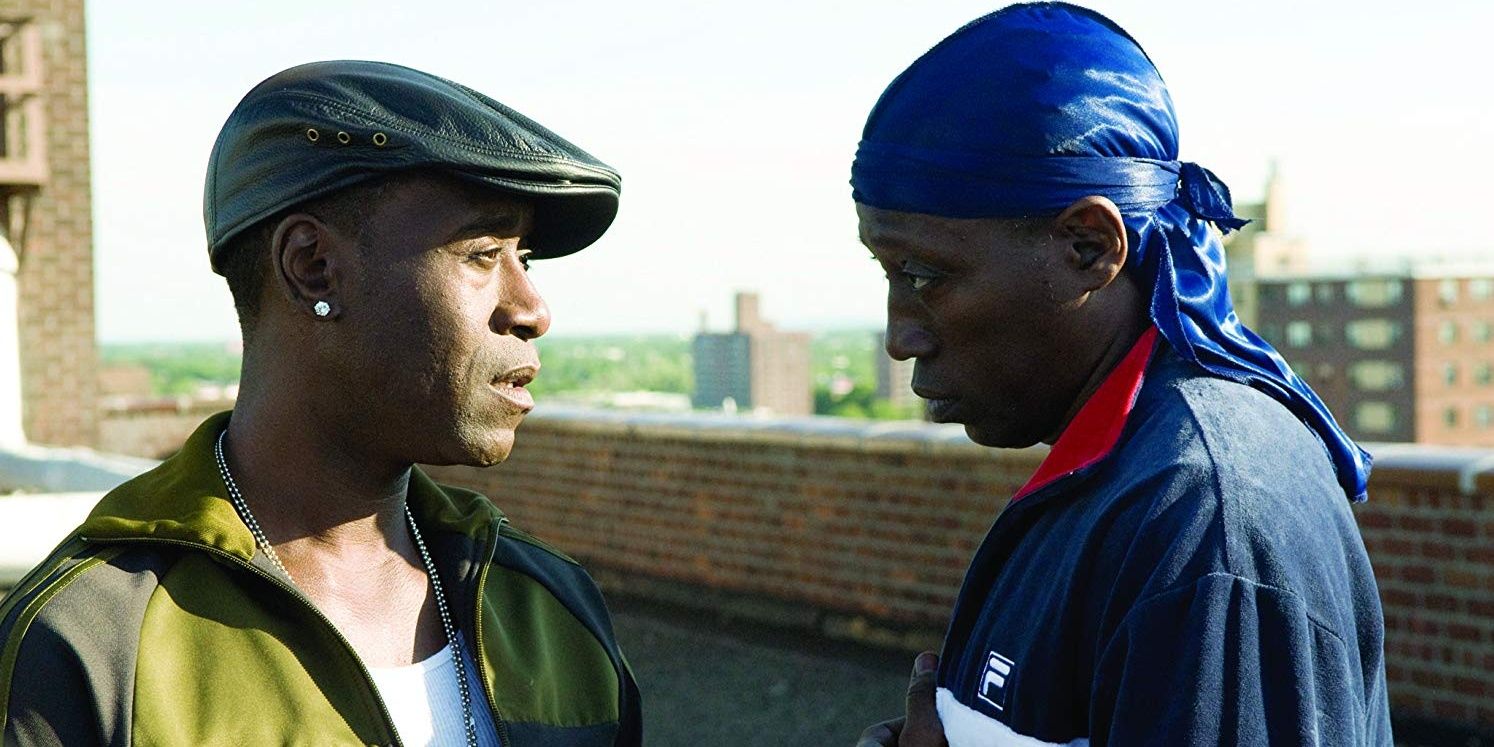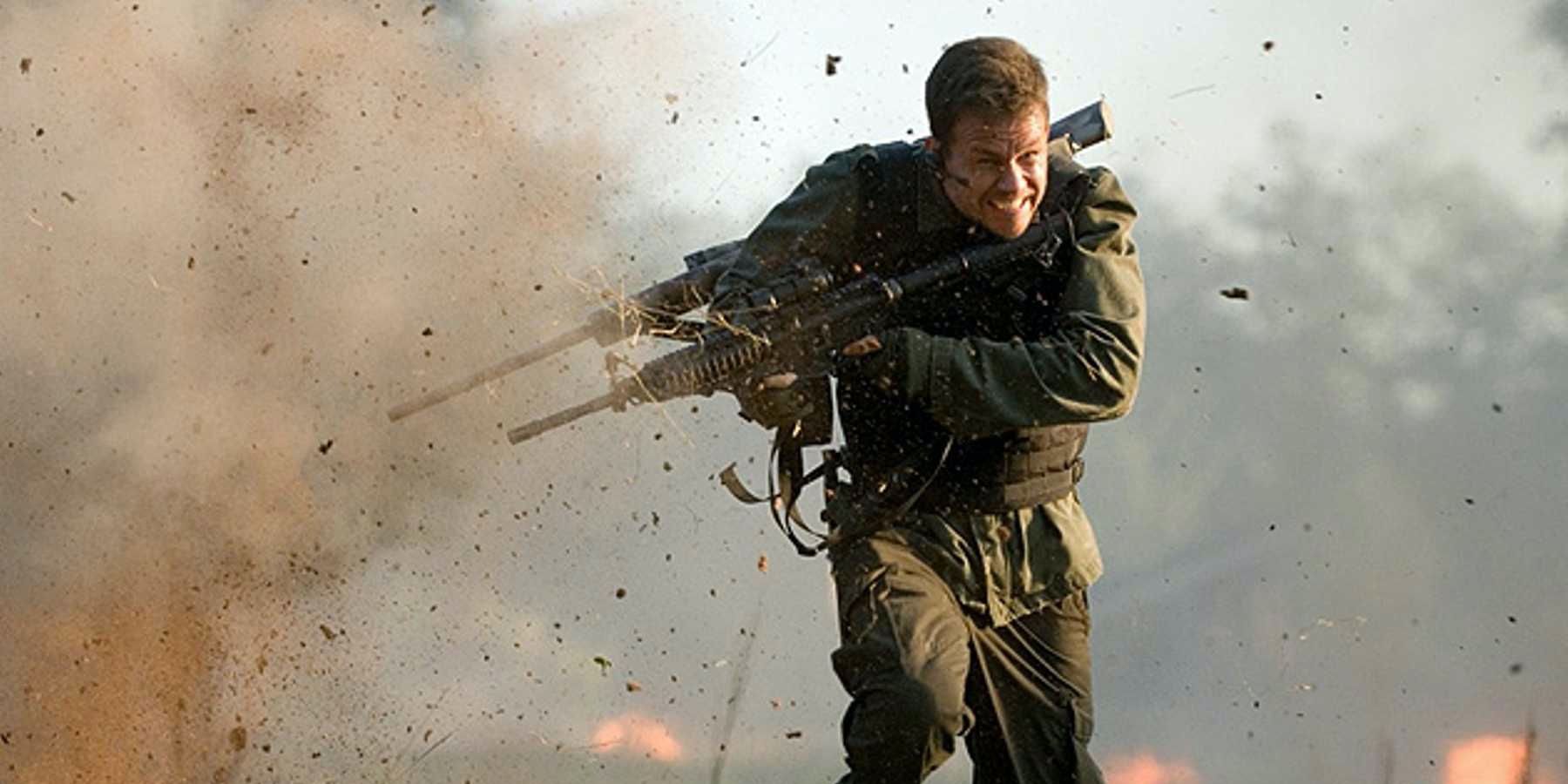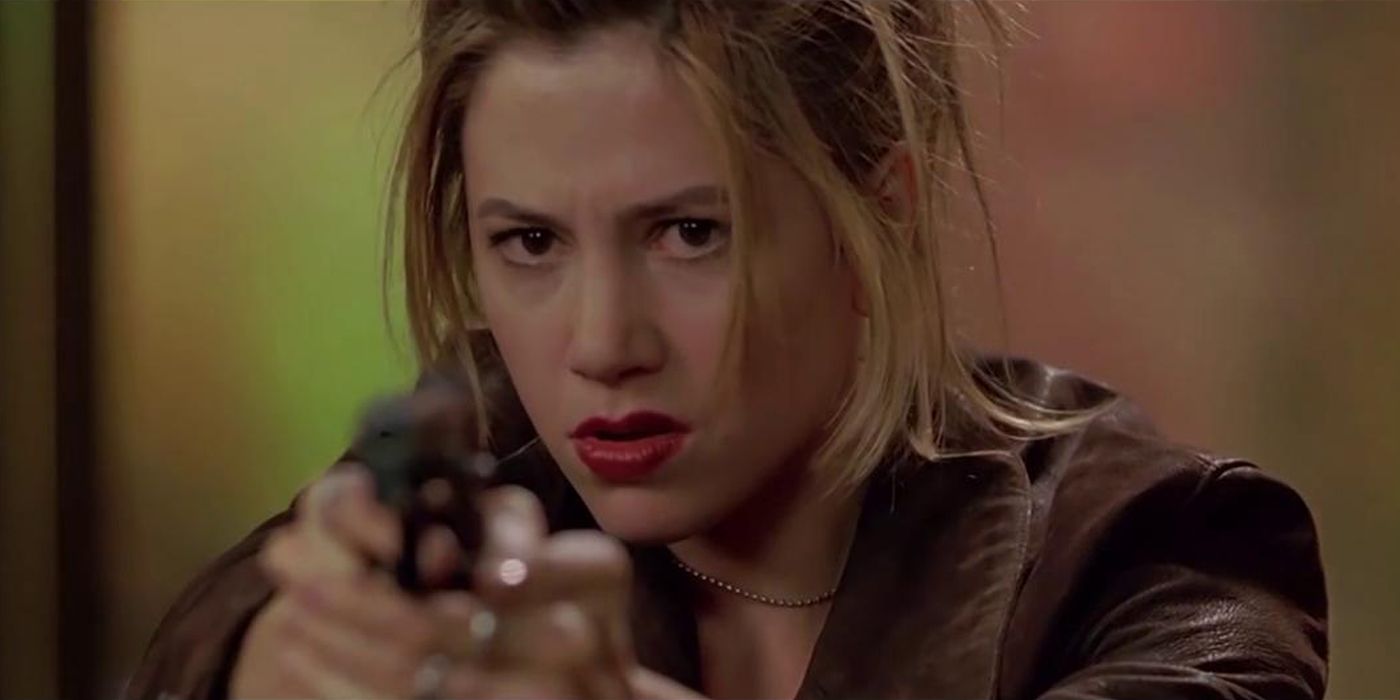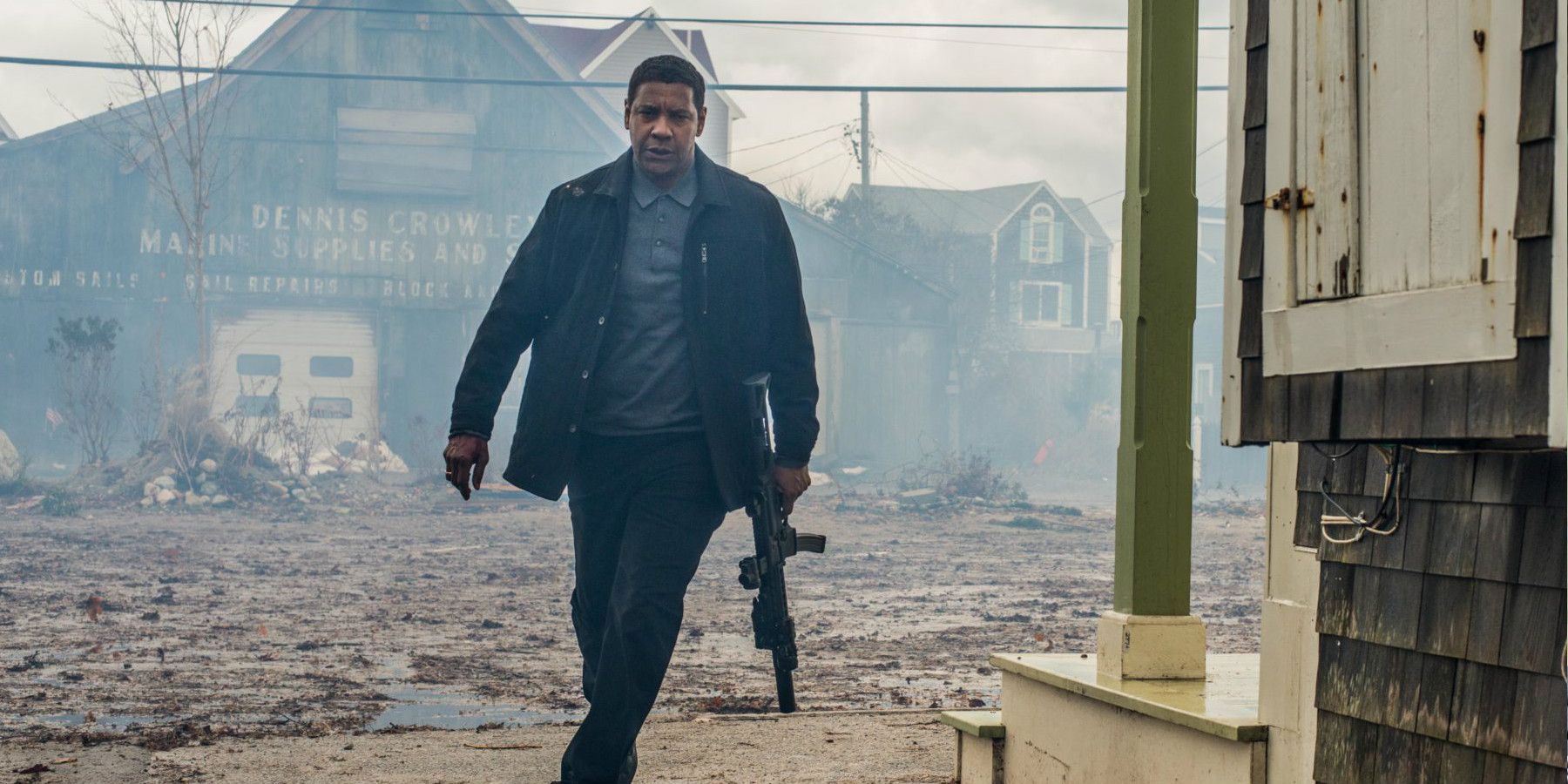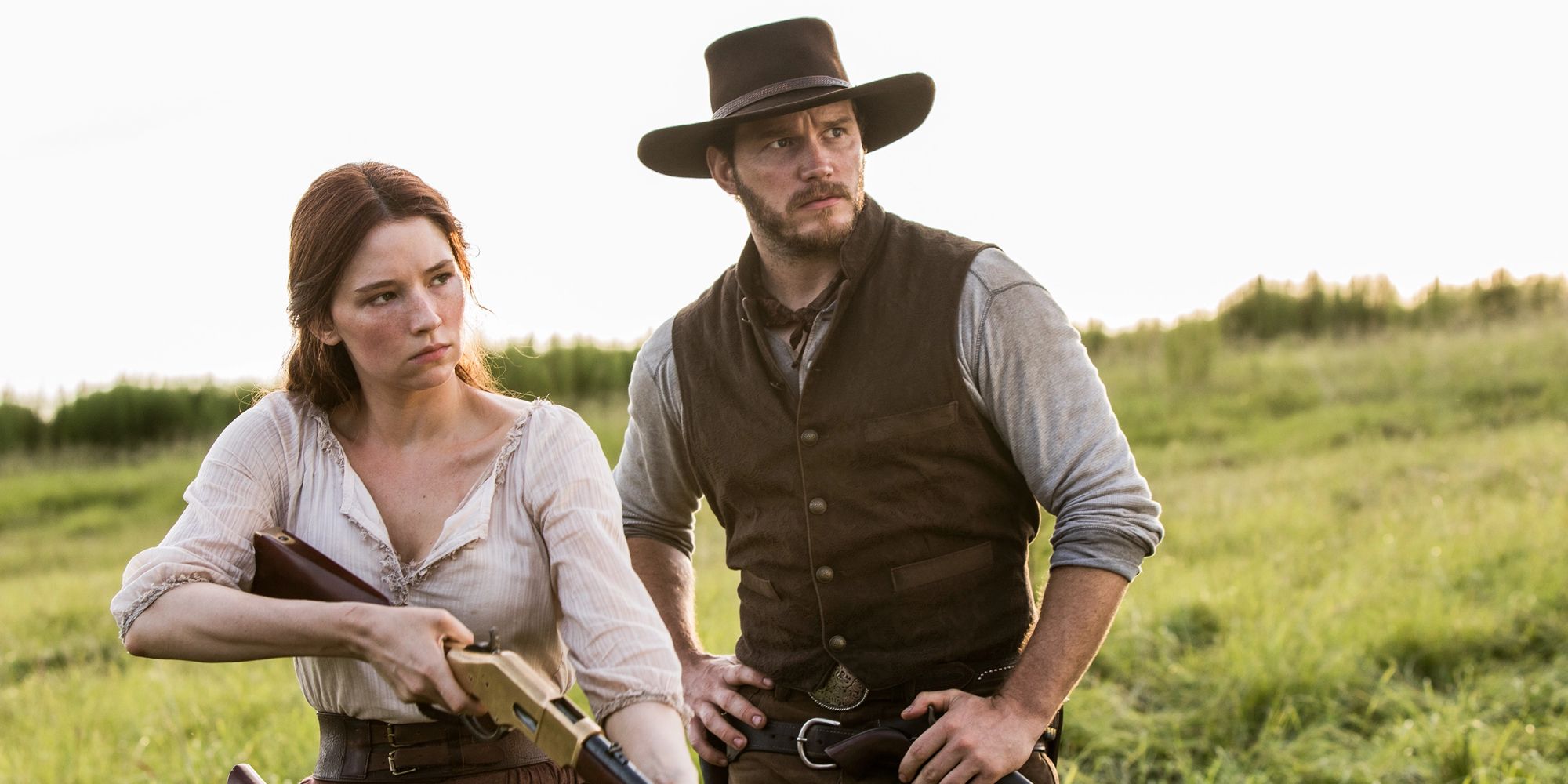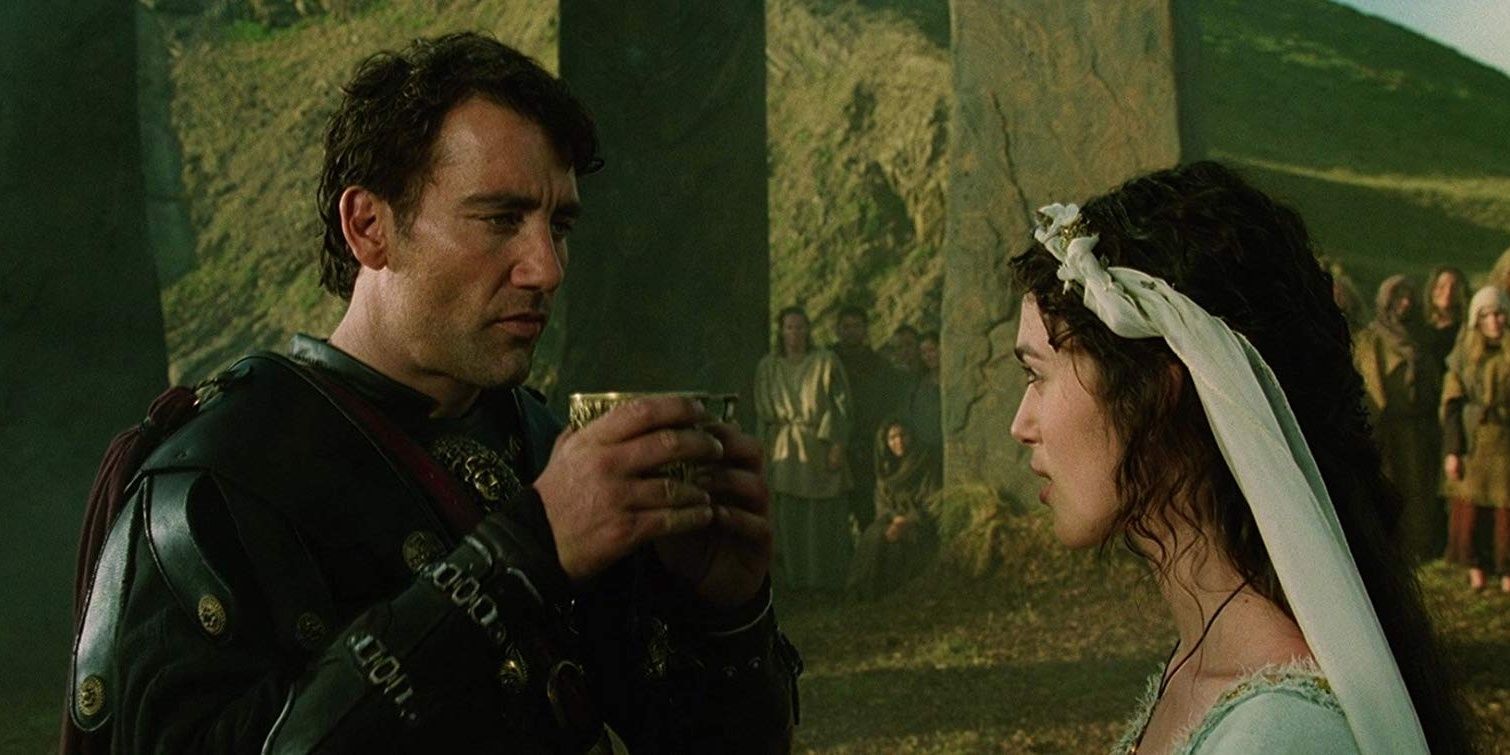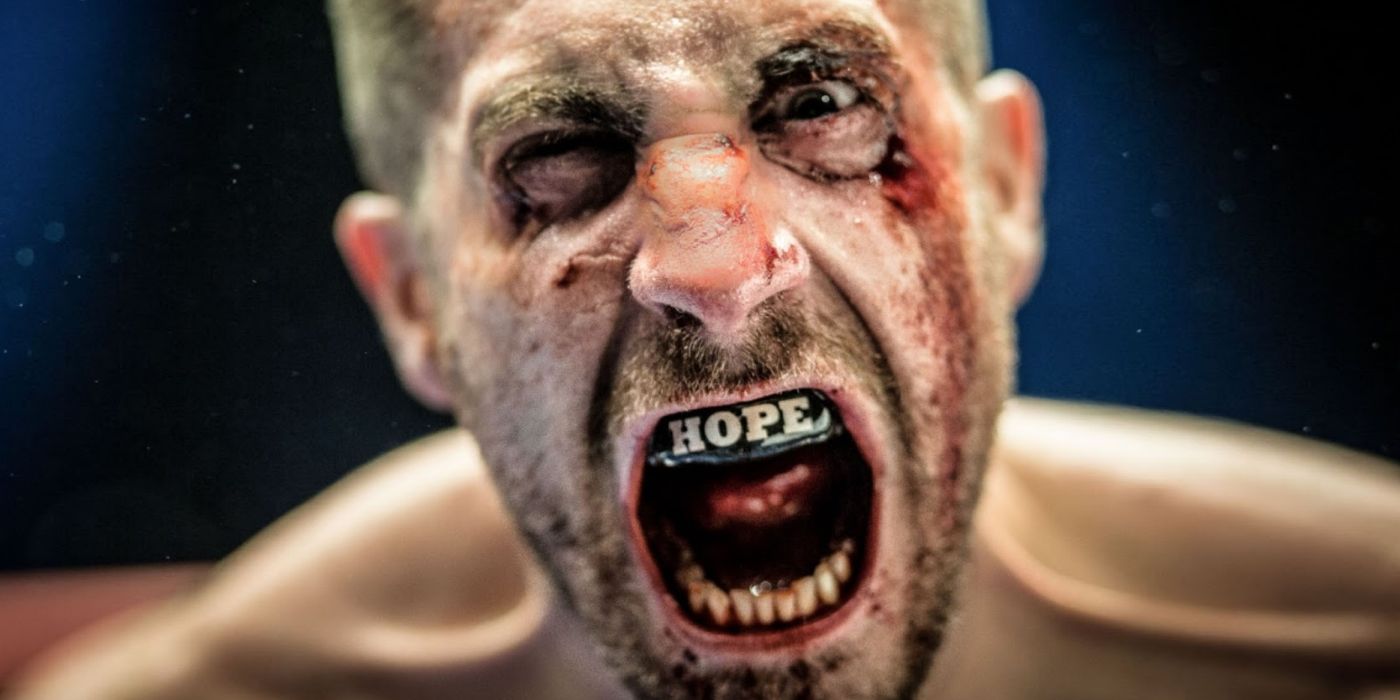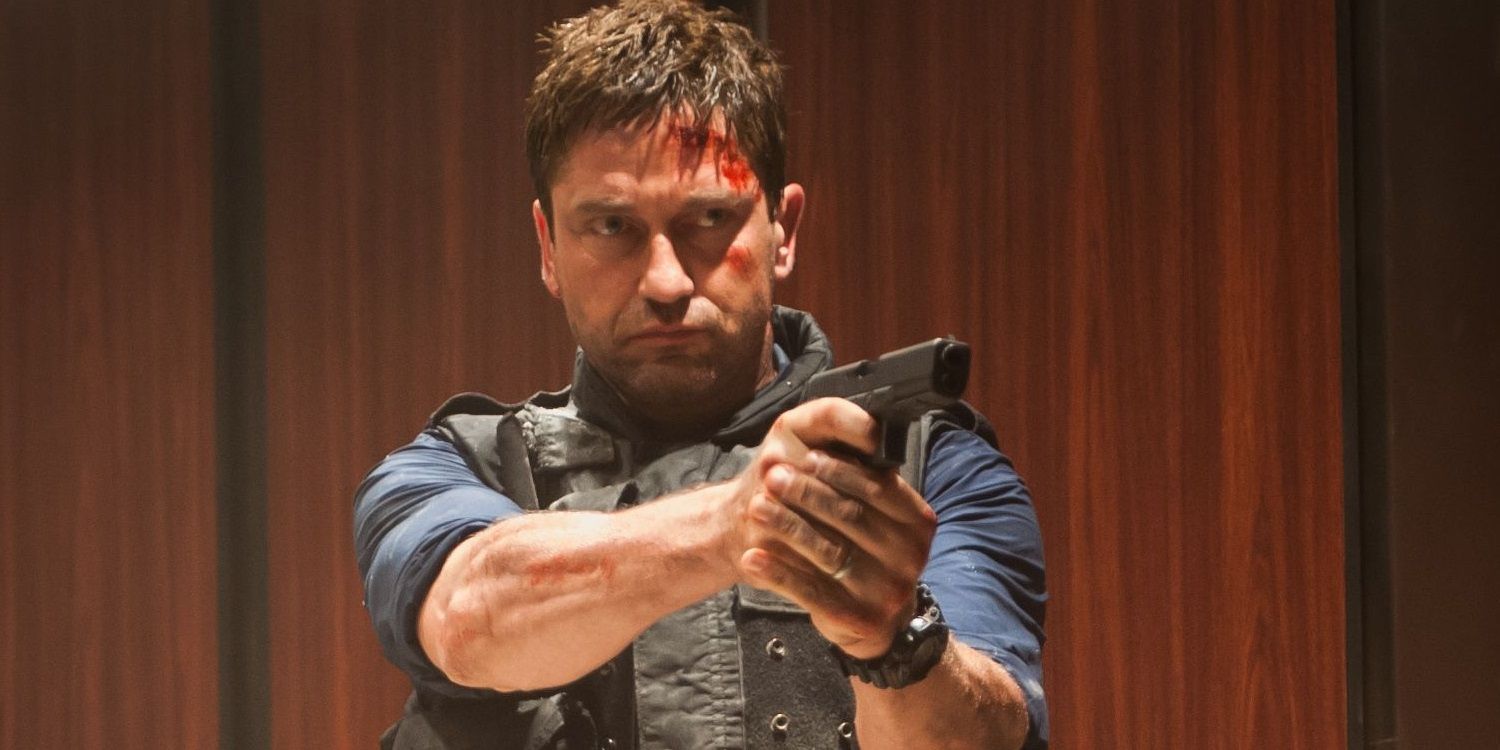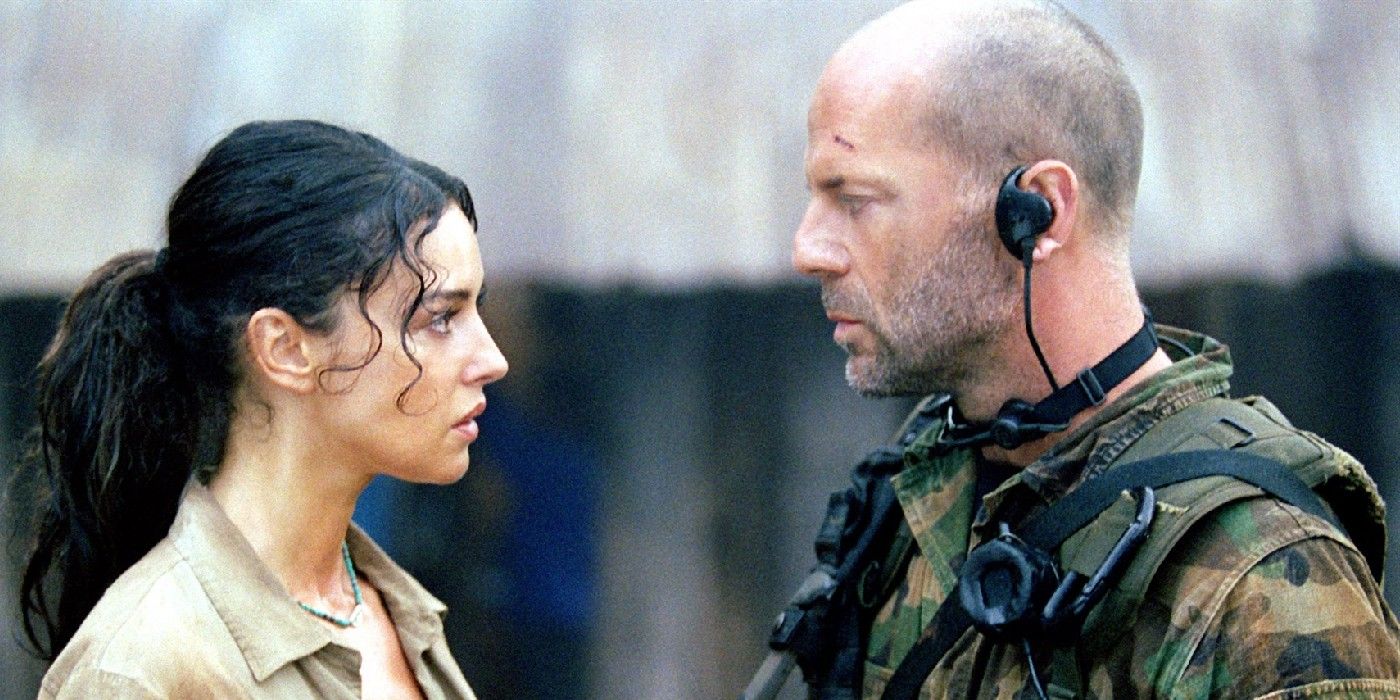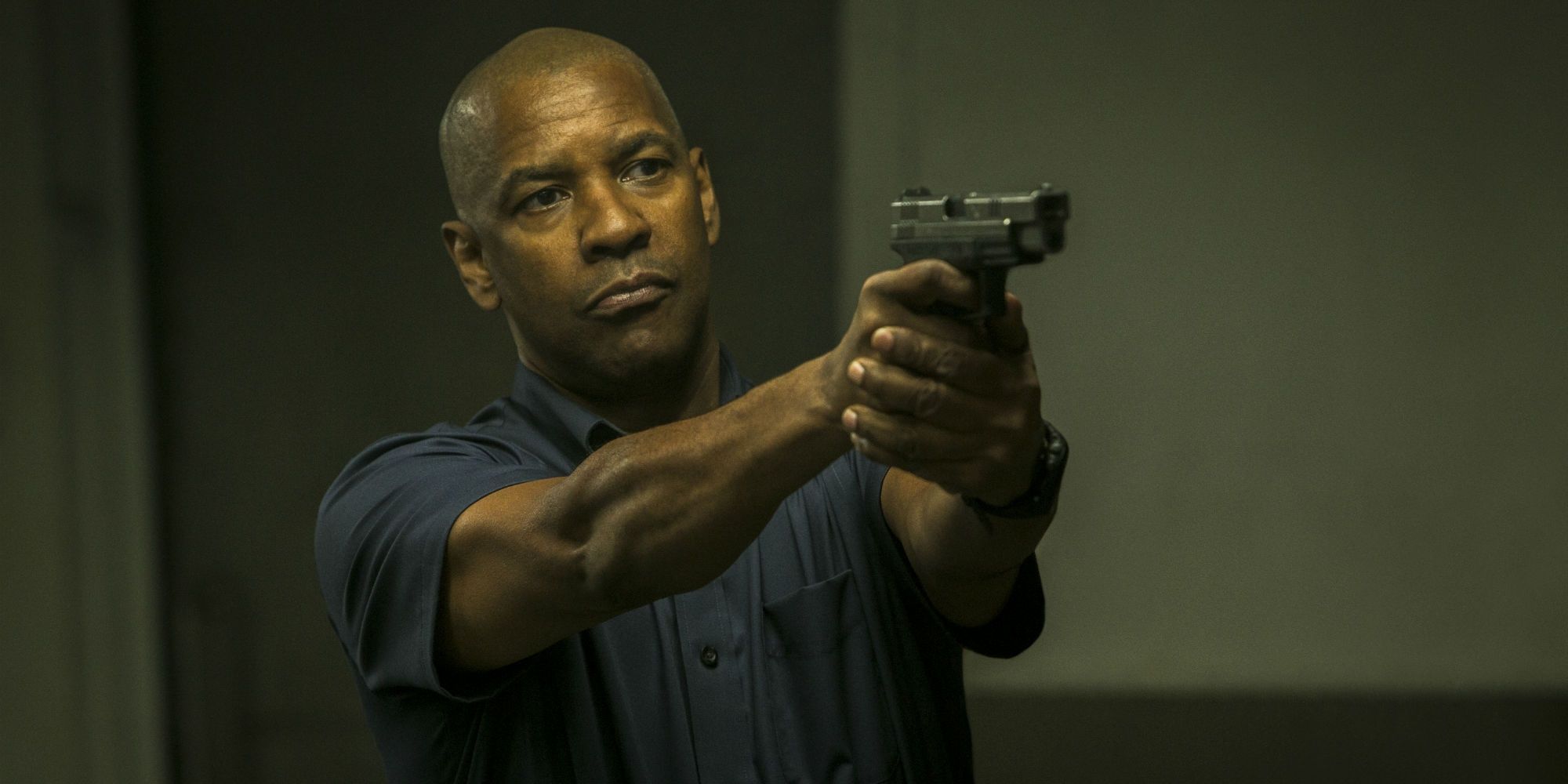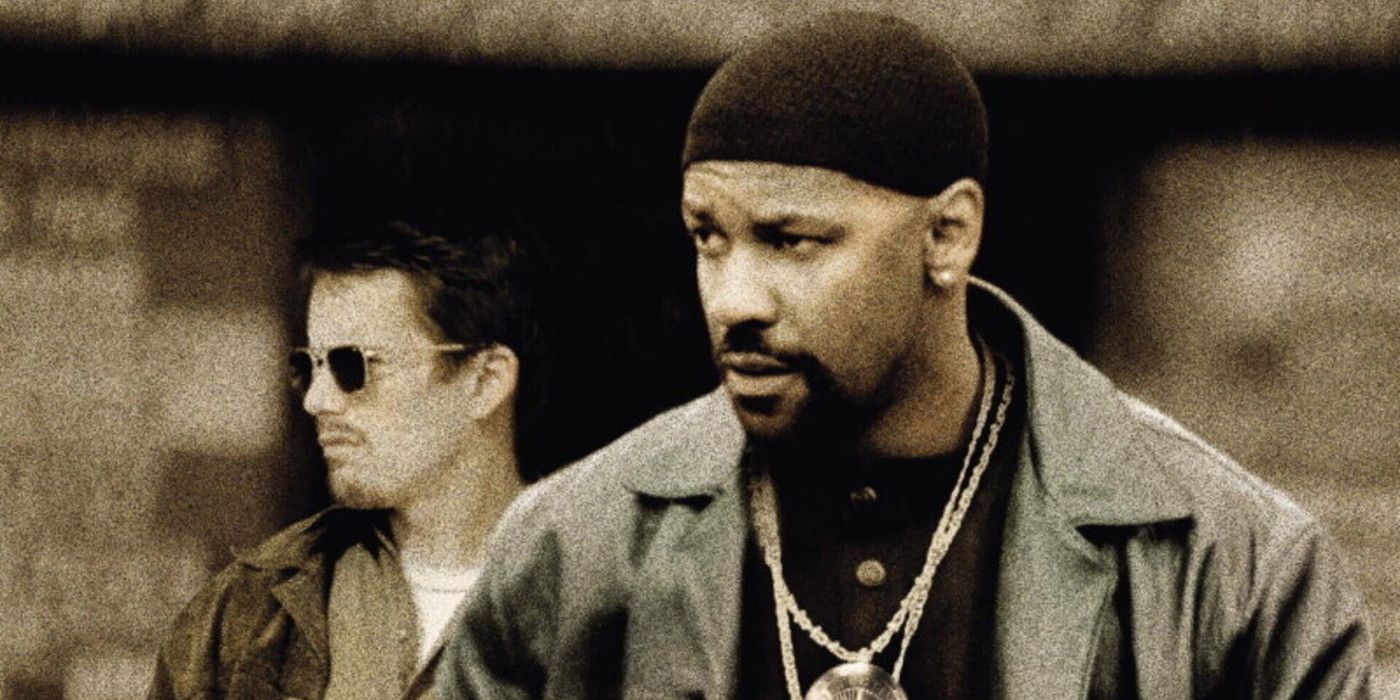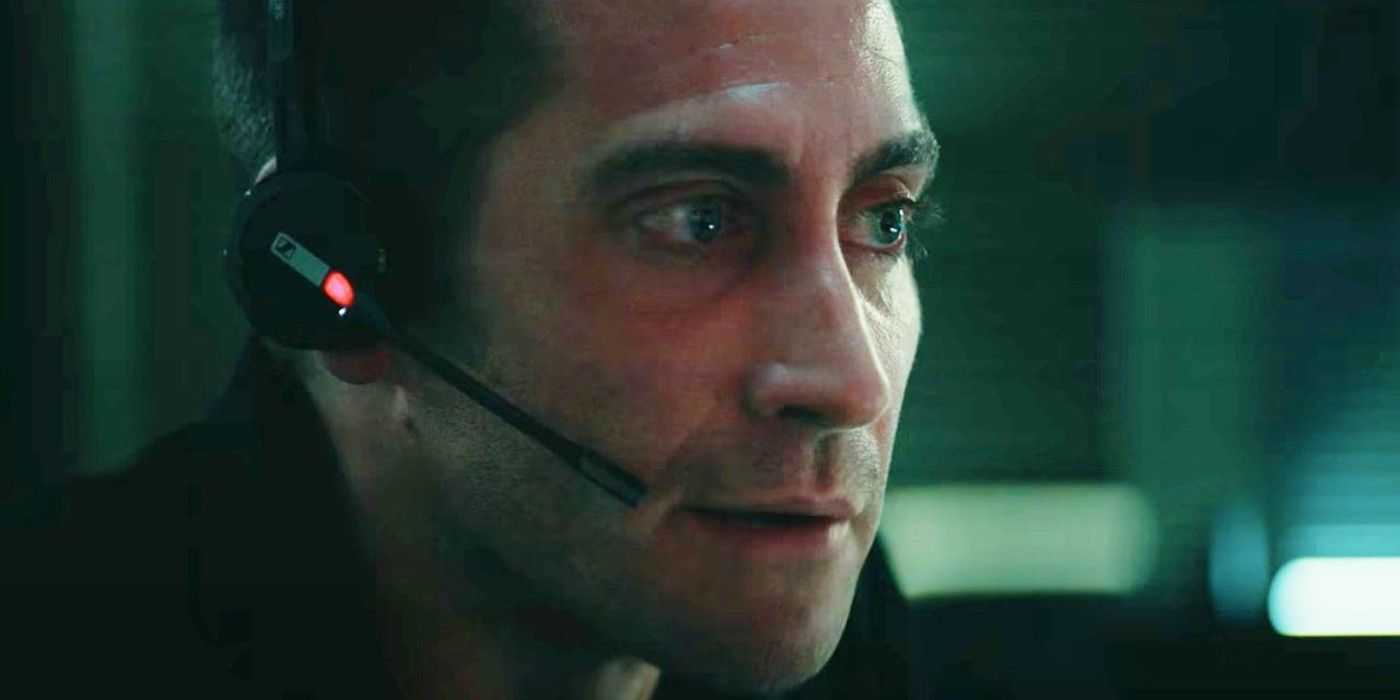Ranking every Antoine Fuqua movie from worst to best, including his latest offering, The Guilty, is a task that requires a close examination of the director's contributions to the action genre to date. Fuqua has enjoyed a varied and highly successful career, with the American-born producer originally directing music videos for prolific soul acts such as Toni Braxton, Stevie Wonder, and Prince. From 1998 onwards, Fuqua has stepped up to work primarily as a feature film director specializing in high-octane action, crime, thriller, and drama movies.
Fuqua cites several key influences that have shaped his direction style and genre choices since his breakout feature: the 2001 crime thriller Training Day. Screenwriter Shinobu Hashimoto, a frequent collaborator of the legendary Akira Kurosawa, is frequently paid tribute by Fuqua, who says the portrayal of poetry within honor displayed in Seven Samurai heavily influenced his aesthetic tastes as a young boy. Fuqua has also cited his difficult childhood as fuel for his often gritty action films, with the violence he experienced as a 15-year old prompting him to channel his energy and experiences into an artistic medium.
While Fuqua's films often culminate in explosive contemporary action sequences, he has also shown the ability to traverse differing time periods, such as in King Arthur or the subversive The Magnificent Seven. Yet despite these more ambitious projects, Fuqua is often at his best when dealing with stories that reflect his roots in Pittsburgh, with Training Day being a prime example. Here's every Antoine Fuqua movie ranked from worst to best, including The Guilty.
#14 - Infinite
Despite Infinite being one of Fuqua's most recent works to date, it ranks last on this list. Infinite's plot itself is difficult to accurately describe, with the film borrowing from far superior sci-fi forebears such as The Matrix and Inception without ever really nailing down a cohesive narrative structure as its characters veer from reality to reality. Watching Infinite is a joyless, CG-laden experience, with Mark Wahlberg and even the ordinary reliable Chiwetel Ejiofor managing to give the worst performances of their respective careers to date that consigned Infinite to a straight-to-streaming release.
#13 - Bait
It is a wonder Fuqua was ever given another big-budget project in the form of Training Day after the massive commercial failure Bait became. Warner Bros. was initially confident in the success the Jamie Foxx-led Bait would bring, with the production company pumping a (then) mammoth $51 million into the film's creation. Yet Bait feels more like a 119-minute music video than an actual movie, with Fuqua's musical inclinations overwhelming its already paper-thin premise. As a result, Bait ended up grossing just $15 million, with audiences distinctly unimpressed with the under-par Guy Ritchie-style movie fare that leaves Bait an oft-forgotten relic of Fuqua's transitioning directorial career of the early 2000s.
#12 - Brooklyn's Finest
The best thing about Fuqua's Brooklyn's Finest is that the movie certainly holds lofty ambitions, which are in part backed up by a stellar cast that includes Ethan Hawke, Richard Gere, Wesley Snipes, and Don Cheadle. Yet Brooklyn's Finest quickly descends into little more than free-for-all violence as the film's law enforcement-based protagonists are written into a corner by a one-dimensional script. In this way, Brooklyn's Finest translates as a good idea for a gangster film whose incredibly linear execution leaves a lot to be desired.
#11 - Shooter
Only a hairs-breadth of quality separates Brooklyn's Finest from Fuqua's other equally daring project, Shooter. Following Force Recon veteran Bob Lee Swagger (Wahlberg) as he attempts to clear his name against a rival military firm, Shooter tries out some Jason Bourne-esque twists and turns that rarely land as well as the genre zeniths Fuqua's film is based upon. The issue, once again, is that Shooter's ideas do not translate well onto the screen, leaving Fuqua's film feeling very predictable by the time Swagger comes face to face with his unseen enemies.
#10 - The Replacement Killers
The Replacement Killers marks Fuqua's directorial debut in a John Woo-inspired thriller which follows an emotionally disillusioned assassin forced to settle a violent vendetta for a ruthless crime boss. The film is Chow Yun-fat's Western movie debut, in which the action star essentially ports over his Hong Kong-based shoot-em-up style action into familiar American territory alongside Mira Sorvino. While The Replacement Killers is certainly not a terrible film, it lacks the soul of later Fuqua movies and suggests the fledgling director was still finding his feet at the time.
#9 - The Equalizer 2
The Equalizer 2 is Fuqua's only sequel project to date, with both he and long-time collaborator Denzel Washington clearly keen for another bite at the immediate success the first Equalizer movie delivered. Unfortunately for all parties involved, The Equalizer 2 fails to live up to its predecessor as Washington's Robert McCall once again goes through his murderous motions, this time against Pedro Pascal's Dave York. While still crammed with pulpy action and expertly choreographed fight scenes, The Equalizer 2 does not bring anything fresh to the table and, as a result, seems to have signaled the death knell for The Equalizer movie franchise.
#8 - The Magnificent Seven
Directing The Magnificent Seven remake is likely a project Fuqua coveted above all others, given the original film's direct homages to Kurosawa's masterpiece Seven Samurai. On a tertiary level, The Magnificent Seven is a success, with its box office profits indicative of some beautiful cinematography and an excellent all-around cast. Yet by updating The Magnificent Seven to align the film's sensibilities with contemporary Western audiences, Fuqua has also stripped some of the soul from the predecessor's powerful messaging, meaning The Magnificent Seven ends up being a fun-filled two-hour romp that does not live long in the memory.
#7 - King Arthur
Where critics land on Fuqua's King Arthur success likely derives from their stance on historical accuracy within a given period piece. While King Arthur is certainly far from a realistic portrayal of the Dark Ages, the creative liberties taken by Fuqua in portraying the Arthurian legend are no less realistic than the arcane magic the original Camelot stories are based on. Therefore, King Arthur is an entertaining two hours of cinema that uses its Shakespeare-trained all-star cast impeccably in their respective roles and also marks Fuqua's first real film success outside of his favored gritty urban landscapes.
#6 - Southpaw
While Fuqua certainly does not break any fresh ground in the sporting-drama genre, Southpaw's true-story-inspired narrative hits like a truck regardless. Even a cheesy, Eminem-backed training montage and several generic underdog cliches cannot detract from the fact Fuqua understands these ideas are what make boxing movies work - with Southpaw following a very similar framework to the classic Rocky franchise. Jake Gyllenhaal is towering in his role as Billy "The Great" Hope, meaning Southpaw delivers melodrama and pulsating boxing sequences worthy of a sporting blockbuster.
#5 - Olympus Has Fallen
Although based on a far from an original concept that harks back to Die Hard's heyday, Olympus Has Fallen nonetheless is a very successful high-octane action movie. Fuqua expertly ratchets up the dread and tension that always accompany an attack on the democratic heart of America while utilizing Gerard Butler's strengths as a reliable and stoic hero character. Olympus Has Fallen's story may not break any new ground as far as military action dramas go, but Fuqua's film is nevertheless a success by most yardsticks and exceeded its box office predictions with a handsome $170 million in 2013.
#4 - Tears Of The Sun
Riding high on the immediate aftermath of Training Day, Fuqua followed up his seminal work with the 2003 action-drama Tears of the Sun, cementing him as a bonafide Hollywood name. As with many of Fuqua's best films, Tears of the Sun does not rely on a complex screenplay, instead opting to combine the highly emotive setting of the civil war in Nigeria with Bruce Willis' enduring quality as a leading action man. The result is a compelling piece of cinema that delivers taut action sequences cresting on a wave of genuine empathy for Tears of the Sun's characters, making their subsequent demises all the more heartbreaking for audiences.
#3 - The Equalizer
The first Equalizer movie hits as hard and fast as its protagonist Robert McCall in a whirlwind of crisp visuals and bloody action sequences that exemplify Fuqua's direction style in its prime. Fuqua and Washington are acutely aware of their winning dynamic, and the pair combine to great effect in The Equalizer as McCall is unleashed on a typically fearsome Russian syndicate. While more stylish and violent than a typically meaningful piece of cinema, The Equalizer takes the very best of Fuqua's highly attuned eye for action and turns it into a break-neck speed action film to rival the very best in the business.
#2 - Training Day
Training Day is a clear amalgamation of the director's ambition and sensibilities in the film that essentially started it all for Fuqua. Training Day follows the horrifically corrupt Alonzo Harris (Washington) and his new partner Jake Hoyt (Hawke) as they navigate the increasingly dire, gang-led underworld of Los Angeles, resulting in a tour-de-force film from Fuqua. Training Day is the perfect balance between Fuqua's prior training as a music video director and his vision of translating inner-city violence to the big screen, with the end product being a highly compelling piece of cinema. While the final 15 minutes of Training Day still stick in the craw of some critics, the film continues to garner a slew of accolades and remains a classic to this day.
#1 - The Guilty
The Guilty movie, in many ways, arrived completely out of left field upon release, with many of Fuqua's directorial propensities for overt action and ambitious cinematography completely absent from the film. Instead, Fuqua provides an unprecedented and intimate look at a disgraced dispatch officer (Gyllenhaal) on the edge of his sanity as he deals with a nightmare call on his final shift. There are certainly shades of classic Fuqua that peek through The Guilty's story, with the police-led drama and overt threats of violence just two examples, but The Guilty is such a towering movie because Fuqua exercises uncharacteristic restraint in slowly building a compelling story. The insular setting of the dispatch office allows audiences to see a new side to Fuqua's ability to build tension, which conspires to ensure the reality-inspired The Guilty surpasses any of the director's other work to date. Fuqua excels in a smaller, less grandiose pressure-cooker setting and makes The Guilty undoubtedly his strongest offering to date.

